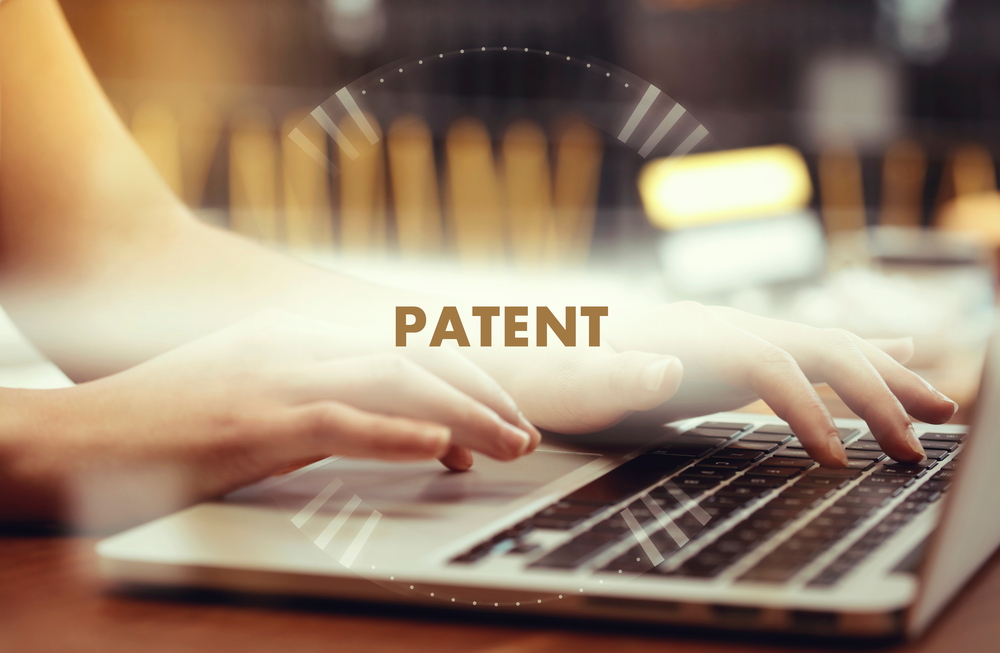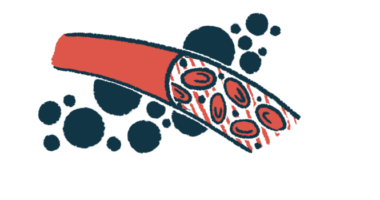AVEO Files New Patent Applications for AV-353, a Notch 3 Inhibitor Showing Promise as PAH Therapy

AVEO Oncology announced that it has filed provisional patent applications covering “composition of matter” claims for its Notch 3-specific inhibitory antibody, AV-353. The latest filings are the company’s second concerning its Notch 3 antibody program and AV-353.
The Notch signaling pathway is involved in multiple cell fate decisions throughout human life, exerting a crucial role in gene regulation in a manner that is dependent on direct contact between cells. Notch dysregulation results in a tremendous variety of diseases, and often is found in many cancers. The Notch 3 receptor, particularly, has been implicated in neurodegenerative conditions, cardiovascular diseases, and cancer.
More recently, Notch 3 has also been linked to pulmonary arterial hypertension (PAH). Increased Notch 3 levels in the muscle cells that line the lung blood vessels induce an enhanced proliferation of these cells, and enlargement of the arterial walls, eventually leading to elevated pulmonary vascular resistance, and right ventricular failure.
Current treatments are not able to reverse the underlying cause of PAH. These medications focus on controlling patient symptoms by working to prevent vessel vasoconstriction and increase vasodilation.
But data from a recent preclinical study supported by AVEO, included in a manuscript now being prepared for journal submission, showed that AV-353 has the ability to reverse the PAH phenotype. As such, it has the potential to lead to a new way of treating PAH patients, using a disease-modifying approach.
“Like AV-380 in cachexia, which AVEO licensed to Novartis in 2015, AV-353 is an AVEO legacy discovery program that, with the appropriate development support from a partner, has the potential to transform the treatment paradigm for a debilitating disorder and underserved patient population,” said Michael Bailey, AVEO’s president and chief executive officer, in a press release. “We believe that AV-353’s selectivity and high affinity to Notch 3, as demonstrated in preclinical studies, makes it unique relative to pan-notch inhibitory or ligand inhibitory approaches in PAH treatment, allowing us to potentially build a broad patent estate around this program. Consistent with our current focus on developing oncology therapeutics, AVEO is currently seeking an appropriate partner to develop and commercialize AV-353 worldwide in PAH.”
PAH is a rare but deadly disease, estimated to affect about 250,000 people worldwide.







